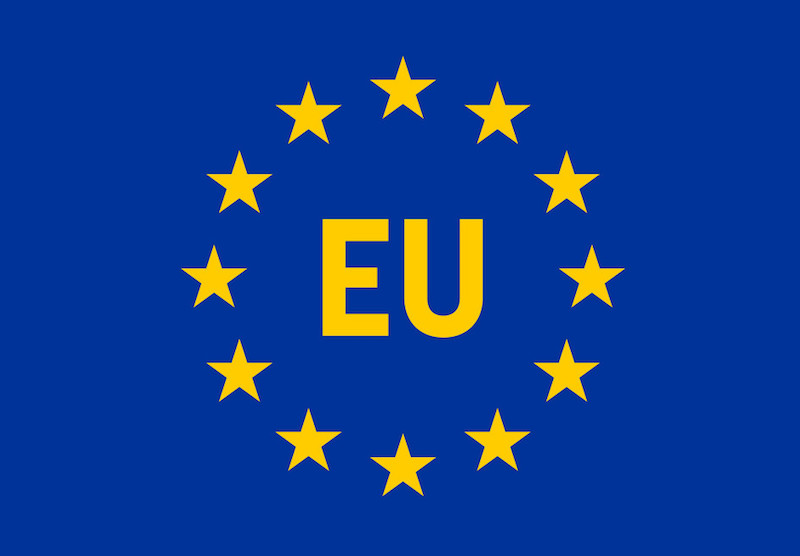In a study, political scientists Ivan Krastev and Mark Leonard reveal that Europe’s voting population is divided into five distinct “crisis tribes,” each driven by unique anxieties, as the continent braces for the upcoming European Parliament elections in 2024.
The study, backed by Datapraxis, YouGov, and Norstat public opinion polling across eleven European countries, highlights key predictors of voter behavior, emphasizing citizens’ attitudes towards climate change, global economic turmoil, immigration, the pandemic, and Russia’s war in Ukraine.
Join our WhatsApp ChannelThe European Council on Foreign Relations (ECFR) study, titled ‘A Crisis of One’s Own: The Politics of Trauma in Europe’s Election Year,’ identifies the following crisis tribes and their predominant concerns:
– Climate Change Tribe (73.5 million voters): Citizens viewing climate change as the most impactful crisis.
– COVID-19 Tribe (73.6 million voters): Those identifying the pandemic as the primary concern.
– Global Economic Turmoil Tribe (70.8 million voters): Voters preoccupied with economic uncertainties.
– Immigration Tribe (58.0 million voters): Citizens considering immigration as the most significant issue.
– Russia’s War Tribe (49.6 million voters): Those focused on the war in Ukraine near Europe’s eastern border.
The authors argue that these tribes transcend national boundaries, with distinct concerns dominating in different countries. Germany, for instance, sees immigration as the paramount issue, while climate change preoccupies France and Denmark, and economic turmoil dominates Italy and Portugal.
Key findings from the study include the expectation of a clash between two “extinction rebellions” – climate change and immigration – in the upcoming elections. The study suggests that these issues will be pivotal in mobilizing voters across Europe.
Additionally, the research indicates that support for right-wing and far-right parties aligns with concerns about immigration. In contrast, climate change becomes a more prominent issue where green parties hold power.
As Europe grapples with the aftermath of the 2008 and Eurozone crises, Southern European voters in countries like Italy and Portugal still prioritize concerns about the economy.
The study also observes a shift in the perception of Russia’s war in Ukraine, with citizens near Europe’s eastern border expressing heightened concern compared to those in other regions.
Krastev and Leonard conclude that the upcoming months will be crucial for the future of Europe, as political parties grapple with reconciling citizens’ crisis-defined anxieties and demands with broader policy goals.
READ ALSO: European Equities Slip As Tensions Rises In Middle East
In response to the findings, co-author Mark Leonard comments, “This time around, it will be a contest between competing fears of rising temperatures, immigration, inflation, and military conflicts,” signaling a departure from the ideological binds of the past.
Co-author Ivan Krastev adds, “European citizens are drifting away from the ideological binds of the right and left, driven by their attitudes towards crises that have impacted their lives in recent years.”
The study’s revelations underscore the evolving landscape of European politics, setting the stage for a complex and dynamic electoral landscape in 2024.


















Follow Us